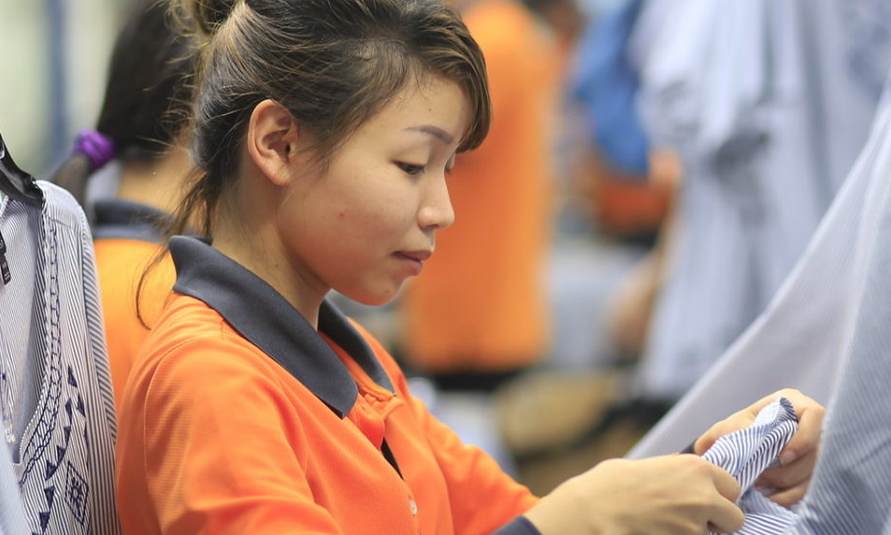Large companies should not misuse the corona crisis by selling out human rights. But that is exactly what’s happening at the moment. “In times of crisis, companies should not lose sight of the people who work for them in low-wage countries and conflict areas,” says PAX Programme Lead Joris van de Sandt.
Due to the corona crisis, large companies postpone orders from suppliers in low-wage countries, or even cancel them altogether. As a result, millions of families risk losing their livelihood, while there is little or no social safety net for them. Vulnerable people are hit extra hard by the crisis. Think of communities that support global supply chains for sectors such as agriculture, textiles, technology and mining. Many of them live in countries where there is war or conflict, or where these have only just ended. “It is understandable that companies have to adapt their business operations to the crisis situation, but this should certainly not be at the expense of human rights, especially in vulnerable (post) conflict areas,” says Van de Sandt.
‘Watch out for flaring conflicts’
Especially in (post) conflict areas, abrupt and high unemployment will increase the risks of conflict flaring up. “We really have to make sure that we don’t give the conflicts extra breeding ground through unthoughtful cancellation of orders,” says Van de Sandt. In the paper Responsible disengagement in the time of corona, PAX therefore calls for careful attention to be paid to the consequences of disengagements. PAX does this together with SOMO and ECCHR. Alternatives can be thought of. If possible, keep orders as they are, as the products will often be bought and used after the crisis ends anyway. Or for once do not pay dividends to shareholders. If companies really cannot help but disengage, this must be done responsibly by mitigating its effects. A responsible exit strategy is needed, in close consultation with everyone involved, including vulnerable workers.




